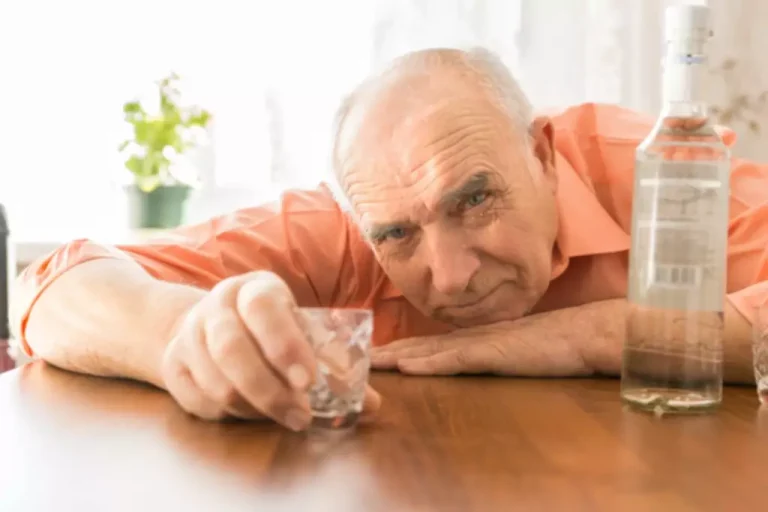
It is also recommended that you pace drinking alcohol evenly over three days or more. Excessive drinking combined with the cold can lead to hypothermia, which occurs when your body temperature drops so low that it causes a cardiac arrest. A study7 of hypothermia and alcohol poisoning in adolescents found that in winter 26.6% of the intoxicated subjects experienced mild hypothermia.

The Truth About Alcohol and Body Temperature
Alcohol can contribute to sweating due to its effects on the circulatory and central nervous systems. However, there are ways that you can help reduce its intensity and the discomfort it may cause. If night sweats continue to be a problem despite https://ecosoberhouse.com/ taking these measures, it might be indicative of a more serious underlying issue. Sweating can irritate the skin, especially if it’s left to dry on the body. BetterHelp offers affordable mental health care via phone, video, or live-chat.
Does Physiological Dependence Mean You’re Addicted to Alcohol?
- If you believe you may be struggling with an alcohol use disorder or alcohol abuse, seek medical advice.
- Managing alcohol-related night sweats involves a combination of lifestyle adjustments, proactive hydration, and environmental tweaks.
- Alcohol can cause various reactions in the brain that cause us to sweat directly after consumption.
- However, it is important to note that not everyone with a high tolerance struggles with alcoholism.
- People with alcohol intolerance may experience discomfort even with small amounts of alcohol, prompting them to avoid it altogether.
Dr Jain says, “Alcohol impacts the central nervous system, the circulatory system, and every part of your body. Thus, drinking leads to an increased heart rate and widens blood vessels in your skin.” This tends to trigger perspiration. In order to understand how alcohol withdrawal works, it is crucial to understand how long alcohol lasts in your system.
Identify Alcohol Intolerance
- Although perspiring will help cool down your body, it won’t expel alcohol from your system any faster.
- There are several common signs of alcohol withdrawal that can disrupt a person’s sleep and cause physical discomfort after their last drink during the detox process.
- Occasionally, alcohol-induced night sweats can be due to alcohol intolerance.
- People with this condition can be at a higher risk for alcohol-related hypertension and esophageal cancer.
- Excessive alcohol consumption and withdrawals are a common catalyst behind unpleasant sweat, particularly night sweats.
Night sweats are often self-limiting and not a cause for medical intervention. However, if they persist, recur, or happen alongside other symptoms, help may be necessary. According to Dr. Bylden-Taylor, you can’t get rid of the alcohol smell in your body until it has been fully excreted from your system. What you can do, however, is mask the odor by taking a shower or brushing your teeth. This can help lessen the odor, as well as get rid of any bacteria that is contributing to the smell.


Withdrawal symptoms can be uncomfortable and, in severe cases, dangerous, requiring medical intervention. If you are experiencing excessive sweating from drinking alcohol, it is best to try to cool down. An alcohol intolerance means your body cannot break down alcohol does alcohol make you sweat well.1 Some people are more prone to alcohol intolerance than others. The only way to prevent the symptoms of alcohol intolerance is to avoid drinking alcohol. If your sweating is excessive — even after just drinking a small amount — you may have alcohol intolerance.
Here are 7 causes why you sweat after drinking alcohol:



